The University Center for Human Values Series20
Stephen Macedo, Series Editor
These books, based on the prestigious Tanner Lectures given each year at Princeton University by leading thinkers across the humanities and social sciences, explore a wide range of topics and their relation to human values.
-
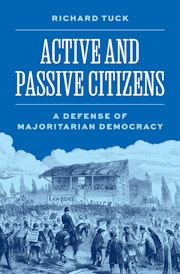
A powerful case for why majority rule—not representation—is the defining feature of democratic politics
-
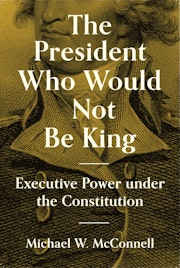
Vital perspectives for the divided Trump era on what the Constitution's framers intended when they defined the extent—and limits—of presidential power
-
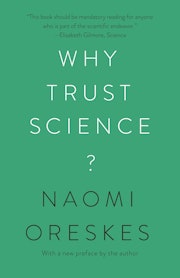
Why the social character of scientific knowledge makes it trustworthy
-
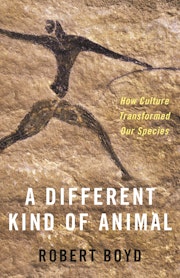
How our ability to learn from each other has been the essential ingredient to our remarkable success as a species
-
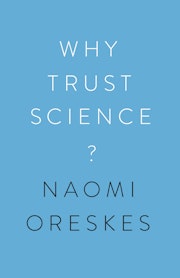
Why the social character of scientific knowledge makes it trustworthy
-
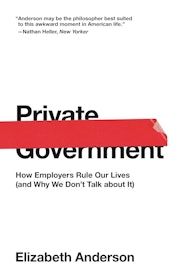
Why our workplaces are authoritarian private governments—and why we can’t see it
-
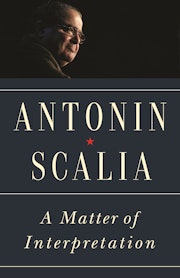
We are all familiar with the image of the immensely clever judge who discerns the best rule of common law for the case at hand. According to U.S. Supreme Court Justice Antonin Scalia, a judge like this can maneuver through earlier cases...
-
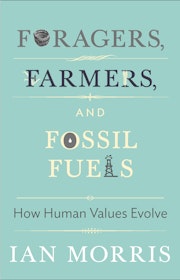
The best-selling author of Why the West Rules—for Now examines the evolution and future of human values
-
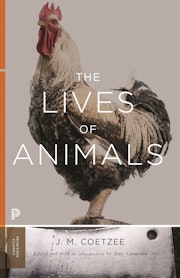
The idea of human cruelty to animals so consumes novelist Elizabeth Costello in her later years that she can no longer look another person in the eye: humans, especially meat-eating ones, seem to her to be conspirators in a crime of...
-
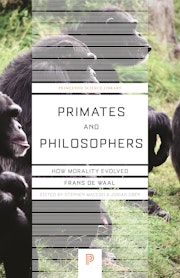
Can virtuous behavior be explained by nature, and not by human rational choice? "It's the animal in us," we often hear when we've been bad. But why not when we're good? Primates and Philosophers tackles this question by exploring the...
-
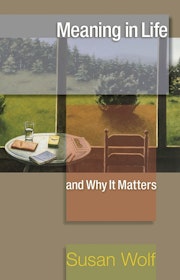
A fresh reflection on what makes life meaningful
-
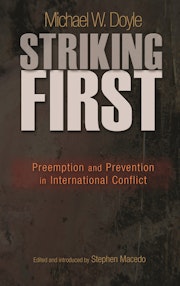
Does the United States have the right to defend itself by striking first, or must it wait until an attack is in progress? Is the Bush Doctrine of aggressive preventive action a justified and legal recourse against threats posed by...
-
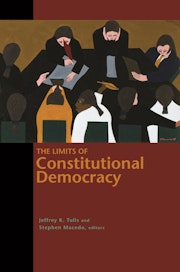
Constitutional democracy is at once a flourishing idea filled with optimism and promise--and an enterprise fraught with limitations. Uncovering the reasons for this ambivalence, this book looks at the difficulties of constitutional...
-
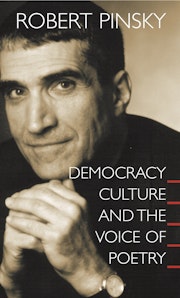
The place of poetry in modern democracy is no place, according to conventional wisdom. The poet, we hear, is a casualty of mass entertainment and prosaic public culture, banished to the artistic sidelines to compose variations on...
-
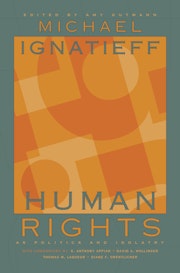
Michael Ignatieff draws on his extensive experience as a writer and commentator on world affairs to present a penetrating account of the successes, failures, and prospects of the human rights revolution. Since the United Nations adopted...
-
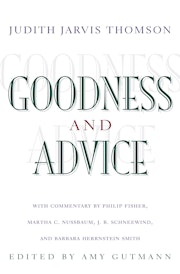
How should we live? What do we owe to other people? In Goodness and Advice, the eminent philosopher Judith Jarvis Thomson explores how we should go about answering such fundamental questions. In doing so, she makes major advances in...
-
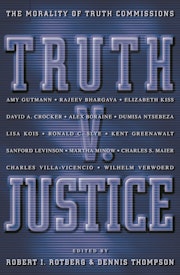
The truth commission is an increasingly common fixture of newly democratic states with repressive or strife-ridden pasts. From South Africa to Haiti, truth commissions are at work with varying degrees of support and success. To many...
-
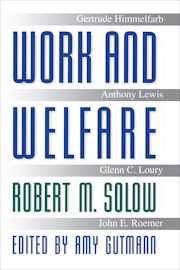
The Nobel Prize-winning economist Robert Solow directs his attention here to one of today's most controversial social issues: how to get people off welfare and into jobs. With characteristic eloquence, wit, and rigor, Solow condemns the...
-
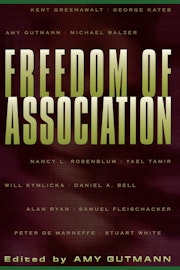
Americans are joiners. They are members of churches, fraternal and sororal orders, sports leagues, community centers, parent-teacher associations, professional associations, residential associations, literary societies, national and...
-
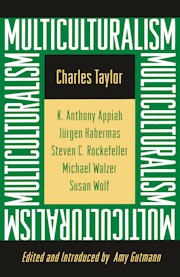
A new edition of the highly acclaimed book Multiculturalism and "The Politics of Recognition," this paperback brings together an even wider range of leading philosophers and social scientists to probe the political controversy...